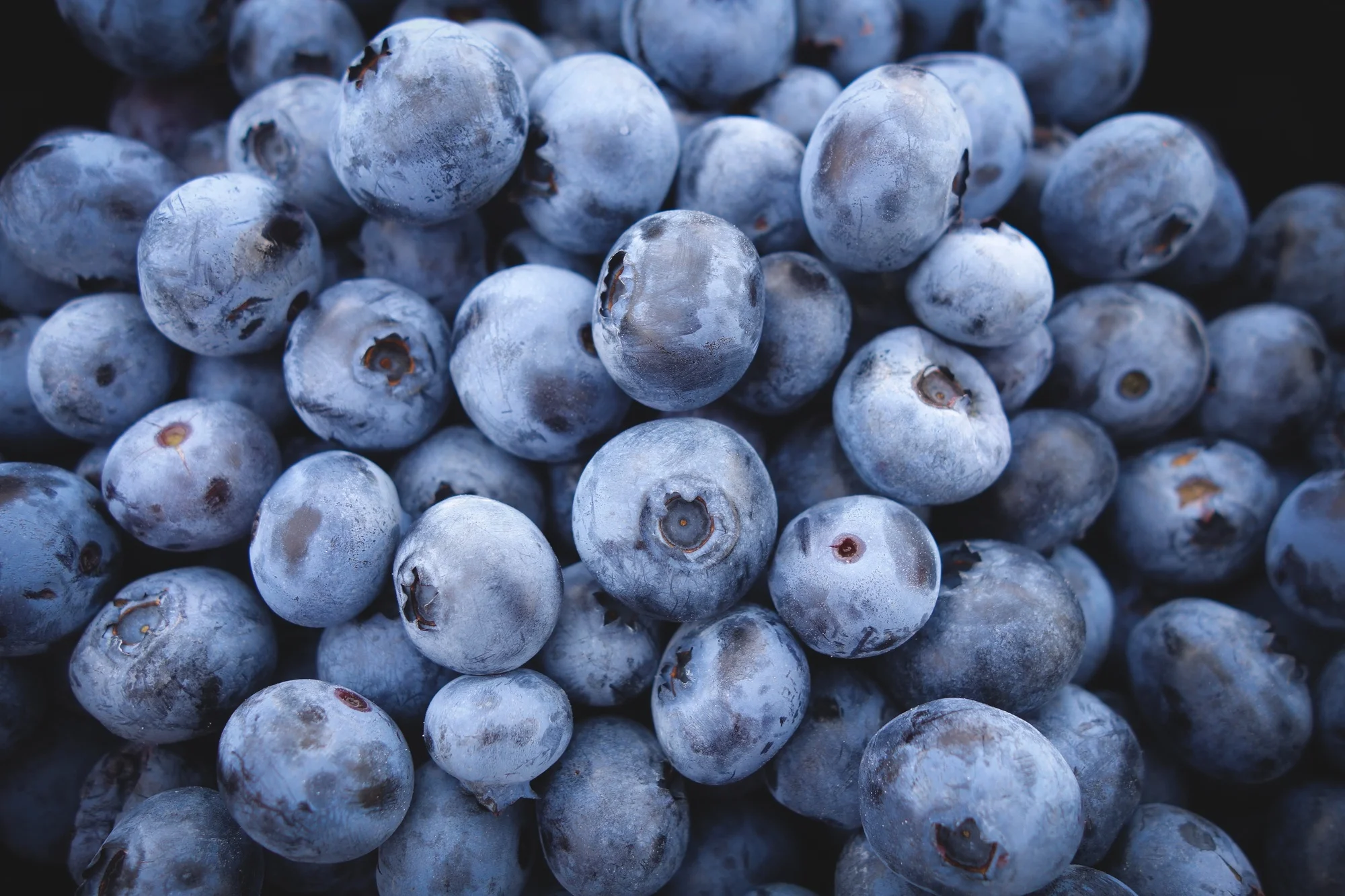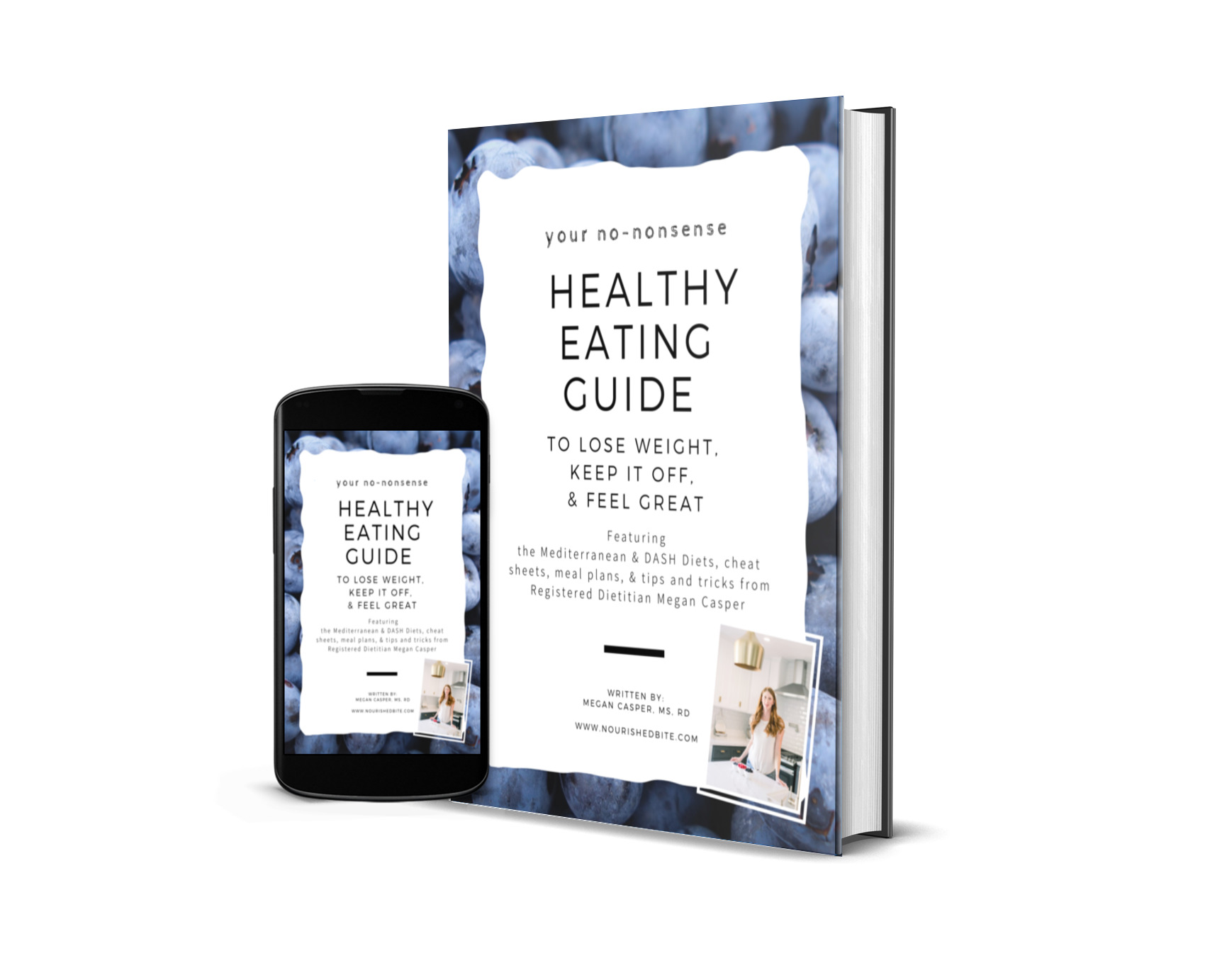How to Treat Constipation with Food
/You poop. I poop. We all poop, only sometimes we don’t and that’s when things start to get a bit (okay, very) uncomfortable. While both constipation - and talking about it - can make us a bit squeamish, it’s totally normal to occasionally struggle on the john. If this is happening to you, you’re far from alone. Each year it’s estimated that 42 million people in the United States are out there struggling along with you.
Since nobody wants to talk about poop, it’s hard to know what’s normal. We’ve all peeked in the can and wondered what it all means, scrying through the bowl like we’re reading tea leaves. On average, it’s normal to go up to 3 times a day all the way down to 3 times a week. If you’re going less often than is usual for you, or you’re straining and stools are hard, dry, painful or difficult to pass, it’s time to make a change.
Sometimes it takes a little help to speed things up and move them along. If you’re looking for a constipation remedy, before you reach for the over-the-counter stuff, the biggest culprit is usually diet. With just a few easy additions to your day, you’ll be lighter on your feet and back on track in no time. Here’s what to do for constipation:
FIBER
Solution number one? Fiber! Fiber, which is found in fruit, vegetables, whole grains, nuts and seeds, is unfortunately also vastly lacking in the all American diet. Can you believe that 76% of adults do not eat the recommended 1 ½ - 2 cups of fruit per day, and 87% do not eat the recommended 2 - 3 cups of vegetables per day? No wonder we can’t go to the bathroom!
Not only does the dietary fiber keep you regular, but it lowers the risk of heart disease, stroke, obesity and type 2 diabetes. Bonus: switching to whole grains can reduce calorie intake and increase metabolism, a net change one study found to be the equivalent of a daily 30 minute walk!
There are two types of fiber, and both will eliminate your need for a squatty potty. Insoluble fiber is indigestible and acts like a broom, scrubbing away as it strolls on down your colon. Soluble fiber soaks up water and forms a gel, which softens and bulks things up, making it easier to go. Adults need 14 grams total per every 1,000 calories, or about 20-35 grams a day
WATER
While fiber gets all the glory, if you don’t wash it down with enough H20 you’ll be even worse than when you started. Without water, all that fiber in your GI will turn into a gunked up tumbleweed, and nobody wants to have to poop one of those out, do they?
Water helps relieve constipation by joining up with fiber to make things softer, so you feel less like you’re popping out rabbit pellets. If your body is dehydrated it pulls more and more water from your digestive tract. To avoid this fate, aim to drink about 8 glasses of water a day or take another peek in the toilet. If it’s nearly clear you’re good to go, but if it’s yellow or even darker it’s time to drink up.
PROBIOTICS
Your gut contains - wait for it - ten times more cells (in the form of bacteria) than are in the rest of your entire body. The bacteria in our gut help us break down food and provide some vitamins. It has also been found that they affect everything from hunger, how fat in our diet affects weight gain, and even our immune systems.
Probiotics help speed the passage of food through your bod, make poop softer, and increase the need to go. (Before you worry you’ll have the reverse problem, one study found probiotics increased frequency by 1.3 times a week.) To boost the good-for-you bacteria in your gut, many people reach for probiotics or yogurt, but you can also find probiotics in other fermented foods like kefir, sauerkraut, tempeh, miso soup, kombucha and kimchi. Not all yogurt is high in probiotics due to processing so look for the "Live & Active Cultures" logo to ensure you're getting a healthful boost.
While probiotics are all the rage, you need prebiotics to help them thrive. Prebiotics are a certain type of fiber that is nondigestible that feeds the good bacteria in your gut. (Told you it all goes back to fiber.) Prebiotics are especially high in bananas, onions, raw garlic, and artichokes.
FAT
If you’ve ever tried an extremely low fat diet, you may notice that things are a bit harder in the bathroom. A certain amount of fat is healthy in our diets. Besides helping you feel full and aiding with vitamin absorption, fat helps grease things along the digestive tract. Instead of going on a fries run next time you’re backed up, try reaching for healthy fats found in foods like nuts, seeds, vegetable oils, avocados, and fatty fish.
MAGNESIUM
If you’ve ever strolled on down the laxative aisle you may have noticed that many laxatives have a common nutrient - magnesium. Magnesium helps speed things along by drawing water into your poo, making it softer and easier to pass. It also relaxes muscles, which can signal tense muscles in your GI to chill and let things go. Before you grab a supplement, try eating foods high in magnesium like nuts and seeds, leafy greens, beans and fatty fish, which are loaded with fiber and healthy fats too.



